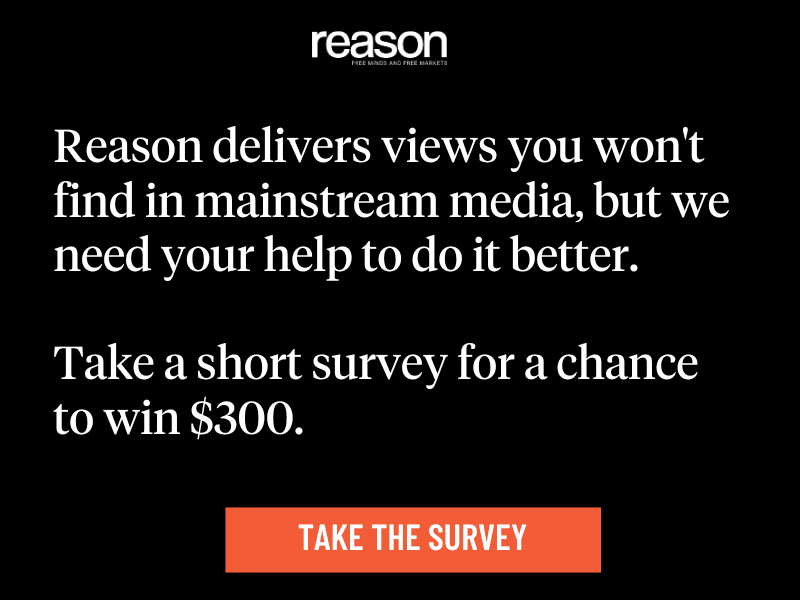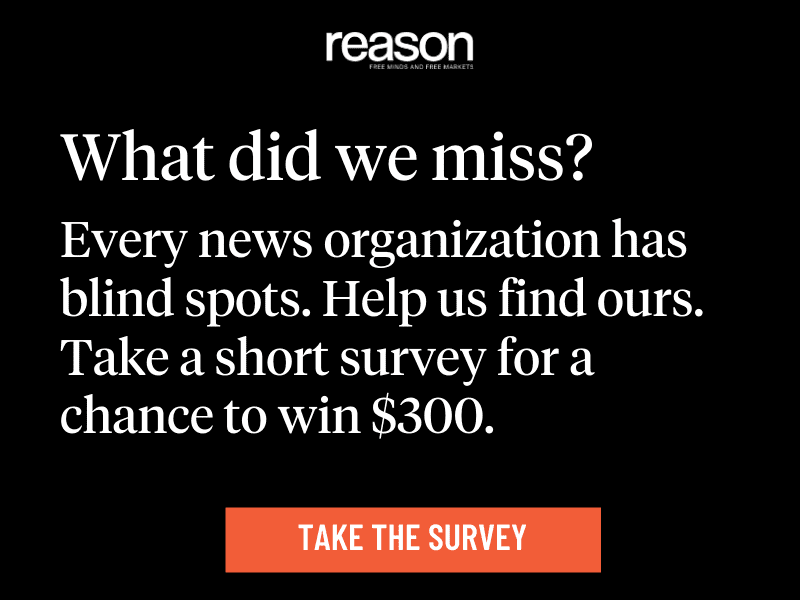Smart People Talk Trans Fats
Gary Becker and Richard Posner take up the economics of the New York trans fat ban. They are both smarter than I am, but I'm inclined to side with Becker.
Says Posner:
A strict Chicago School economic analysis of the ban would deem it inefficient. The restaurant industry in New York is highly competitive, and so if consumers are willing to pay a higher price for meals that do not contain trans fats, the industry will oblige them; to force them to shell out more money, rather than leaving it to their decision, is thus paternalistic, indeed gratuitous.
…
What is missing in this analysis is a cost that, ironically, a great Chicago economist, George Stigler, did more than any other economist to make a part of mainstream economic analysis: the cost of information. It might seem, however, that the cost of informing consumers about trans fats would be trivial--a restaurant would tell its customers whether or not it used trans fats, if that is what they're interested in, and if it lied it would invite class action suits for fraud. But there is a crucial difference between the cost of disseminating information and the cost of absorbing it.
Says Becker:
The prominence of young persons among the big consumers of trans fats, cholesterol, and calories in foods like French fries and big Macs may not be due to ignorance. Rather, they may have an unarticulated awareness that when they reach older ages where heart disease and other diseases are more common, drugs are likely to have been developed that offset the negative consequences of what appears now to be unhealthy diets.
…
With a small taste benefit from the use of trans fats-- the New England Medicine Journal article I cited earlier does admit positive effect of trans fats on "palatability"-- the total cost of the ban would equal or exceed total benefits. For example, suppose 1 million persons on average eat 200 meals per year in NYC restaurants with trans fats. If they value the taste of trans fats in their foods only by 35 cents per meal, the taste cost to consumers of the ban would be $70 million per year. Then the total cost of the ban would equal the benefits from the ban.




Show Comments (39)